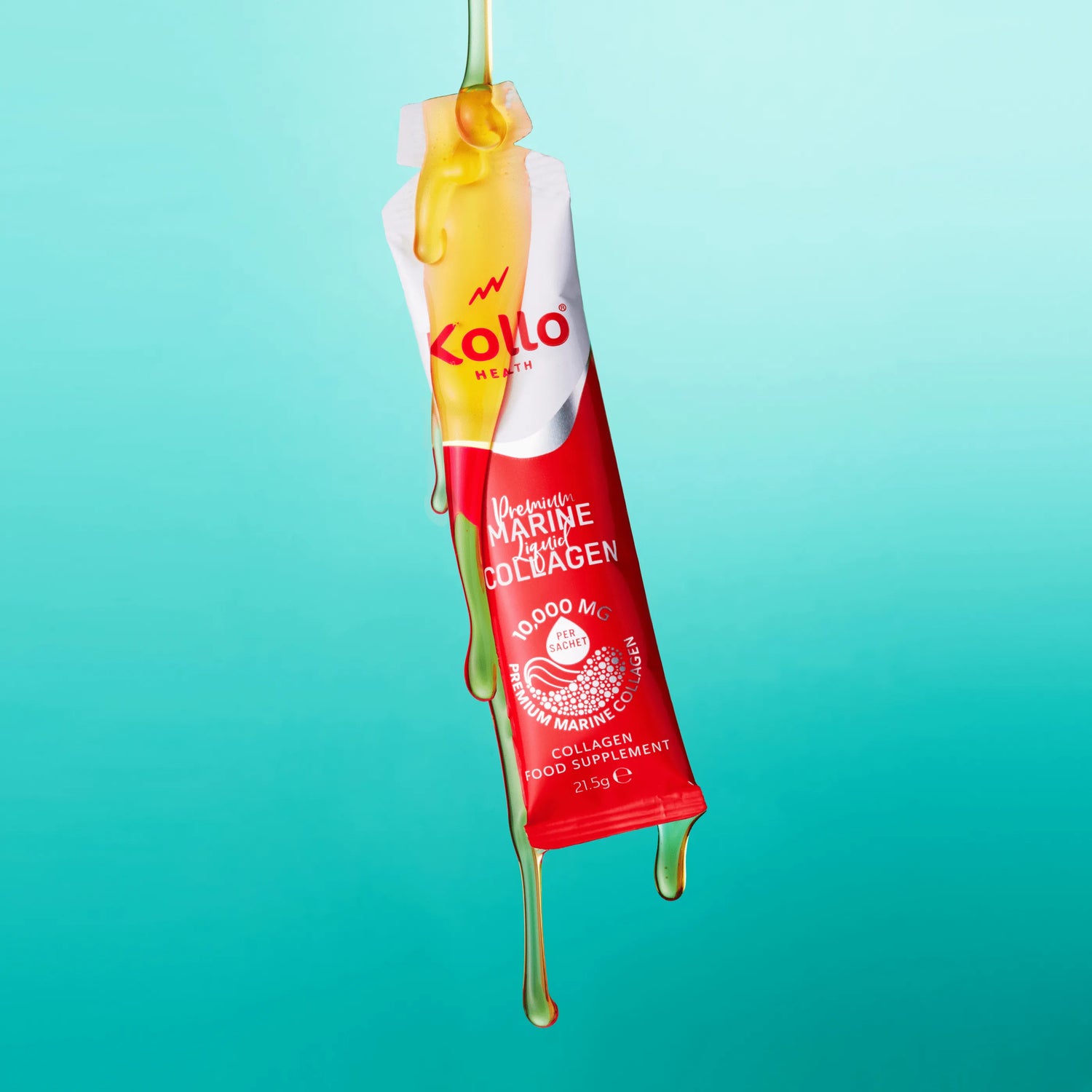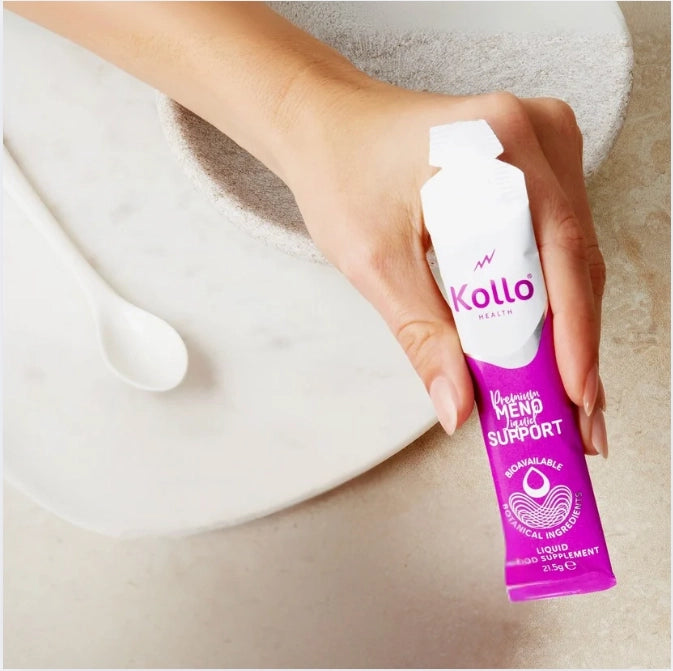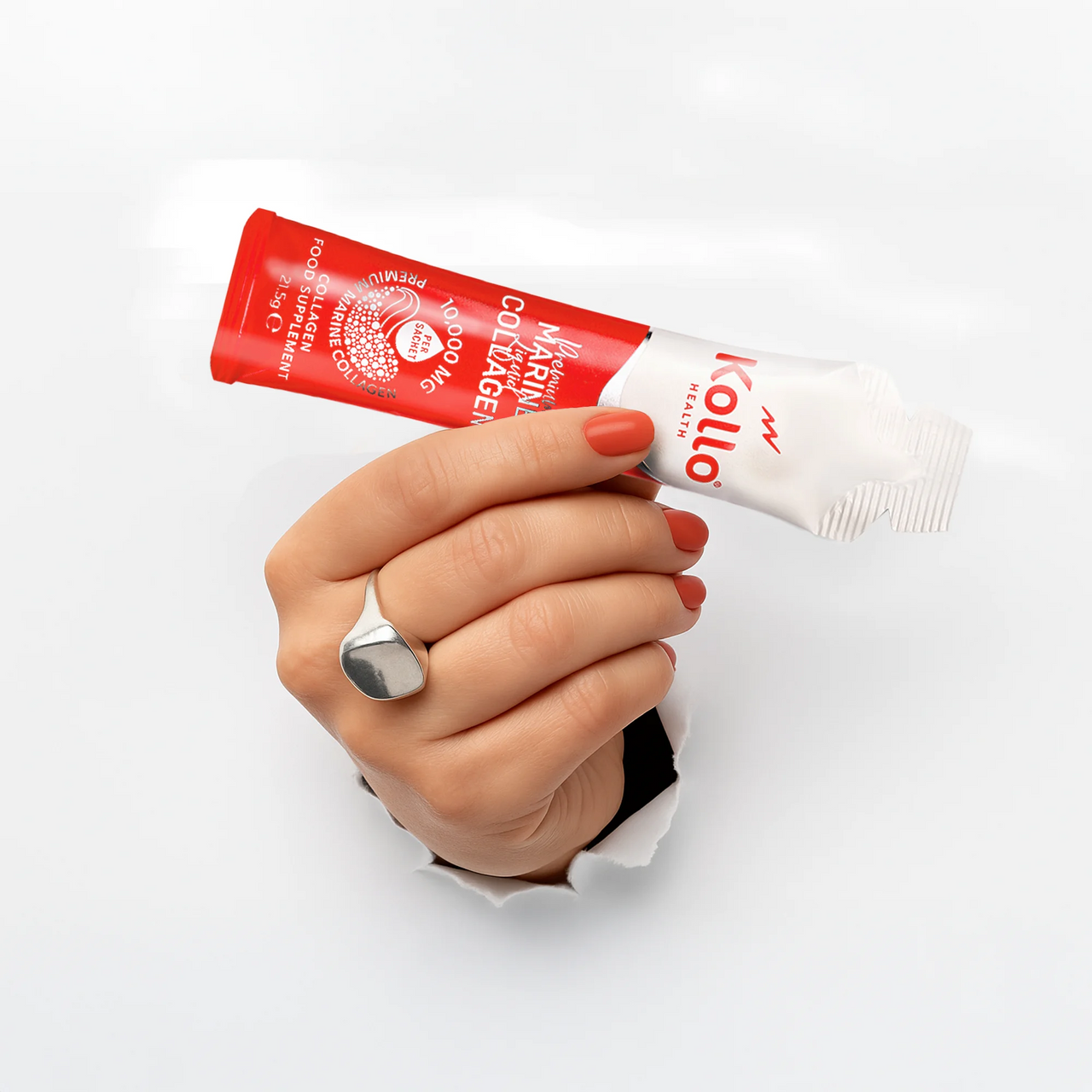Collagen: The Lowdown
Collagen is the main component of all of the body’s connective tissue and the most common protein in the body. Cartilage, tendons, blood vessels, hair and the gut – all of them contain collagen.
Unfortunately, as we age, spend time in the sun or burn the candle at both ends a little too often our bodies cannot replenish our collagen reserves and we observe some all-too-familiar physiological effects: wrinkles, aching, stiff joints, and a loss of our skin’s elasticity and lustre.
Collagen supplements aim to replenish the body’s supplies of the raw ingredients – amino acids and protein – to make new collagen and ameliorate the natural wear and tear our collagen-based tissues undergo.
So far, so sensible. But when we log on and start to research the best collagen supplements out there, we’re immediately met with too many options to count. Each product comes with its own reviews, recommendations and unique characteristics. Some are “hydrolysed”, others “bovine” or “marine”. Some are solid tablets, while others come in powders or solutions.
This article will aim to define some key terms and outline what’s best to look for in a collagen supplement.
Sourcing your Collagen: Marine vs Bovine
Collagen supplements come from natural by-products of the meat, fish and leather industries. On one level, it might be nice to know that by taking collagen supplements you are using something that might otherwise go to waste, but the fact remains that many people have objections on ethical, religious or health grounds to the use of collagen manufactured using cows.
Marine collagen, while not vegetarian, is extracted from the scales of saltwater fish that would otherwise be discarded by fish-fillet manufacturers. And for those concerned with animal welfare, it might well be thought of as putting less suffering into the world than its mammal-based alternatives.
Marine collagen supplements can even be derived from certified sustainable fisheries, for an additional feel-good factor.
It’s common for bovine collagen to come in powdered form to be dosed out in scoops, which some people report dissolves less easily or is hard to swallow. Another disadvantage to bovine collagen is the increased molecular size and consequent relatively lower bioavailability of the collagen it contains. Marine collagen, on the other hand, can sometimes come already dissolved in handy liquid sachets, like Kollo’s, which is mixed into a delicious naturally tropically-flavoured solution.
What else should I look for?
Perhaps marine collagen is the most ethically-sound and effective collagen supplement to take. But what else should we take into consideration?
First, it’s important to make sure your supplement contains genuine, premium-grade marine collagen. Some supplements only contain a few of the eighteen key amino acids required for your body to build collagen and will give a pale imitation of a proper collagen supplement’s effects.
It’s also important to seek a provider with a proper, well-designed website, testimonials and a clear engagement with the science behind collagen supplements.
An important but often-overlooked factor is cost – despite being a competitive market, there are still savings to be made, especially if your provider allows you to buy through a subscription model. This can often mean a sizeable discount.
Finally, one key to picking a supplement is to check whether it contains any other ingredients that boost health and collagen production. One advantage Kollo Collagen has over its competitors is its fortification with vitamins, containing vitamins B1, B5, B6, B12 and C as well as L-lysine to help power muscle growth, cellular health and energy levels. It’s rare to find a product that’s both a collagen supplement and a vitamin-booster!
Why Kollo?
It’s up to each of us to decide which collagen supplement works best for us, but Kollo provides a winning formula of a tasty, cost-effective daily supplement based on premium marine collagen fortified with essential vitamins to boost both general health and collagen production.







